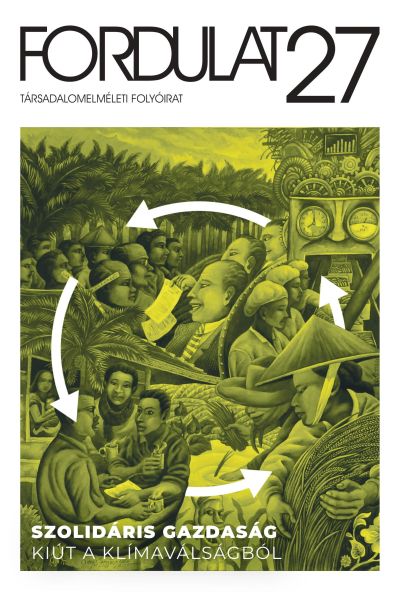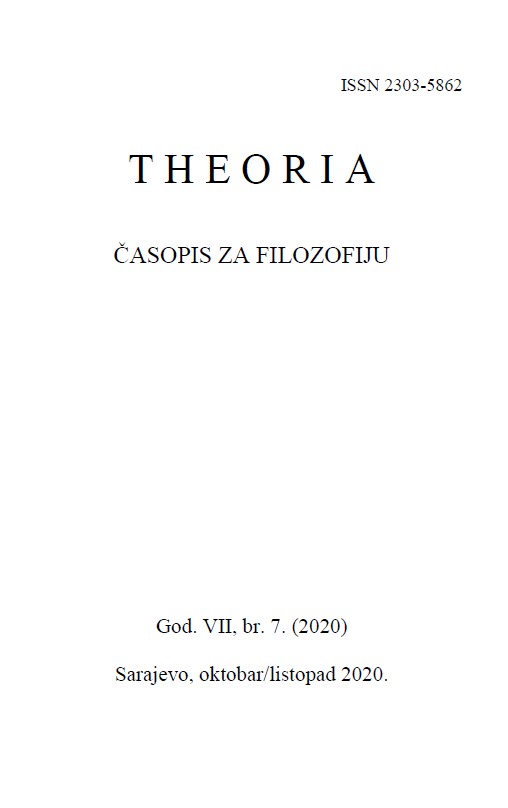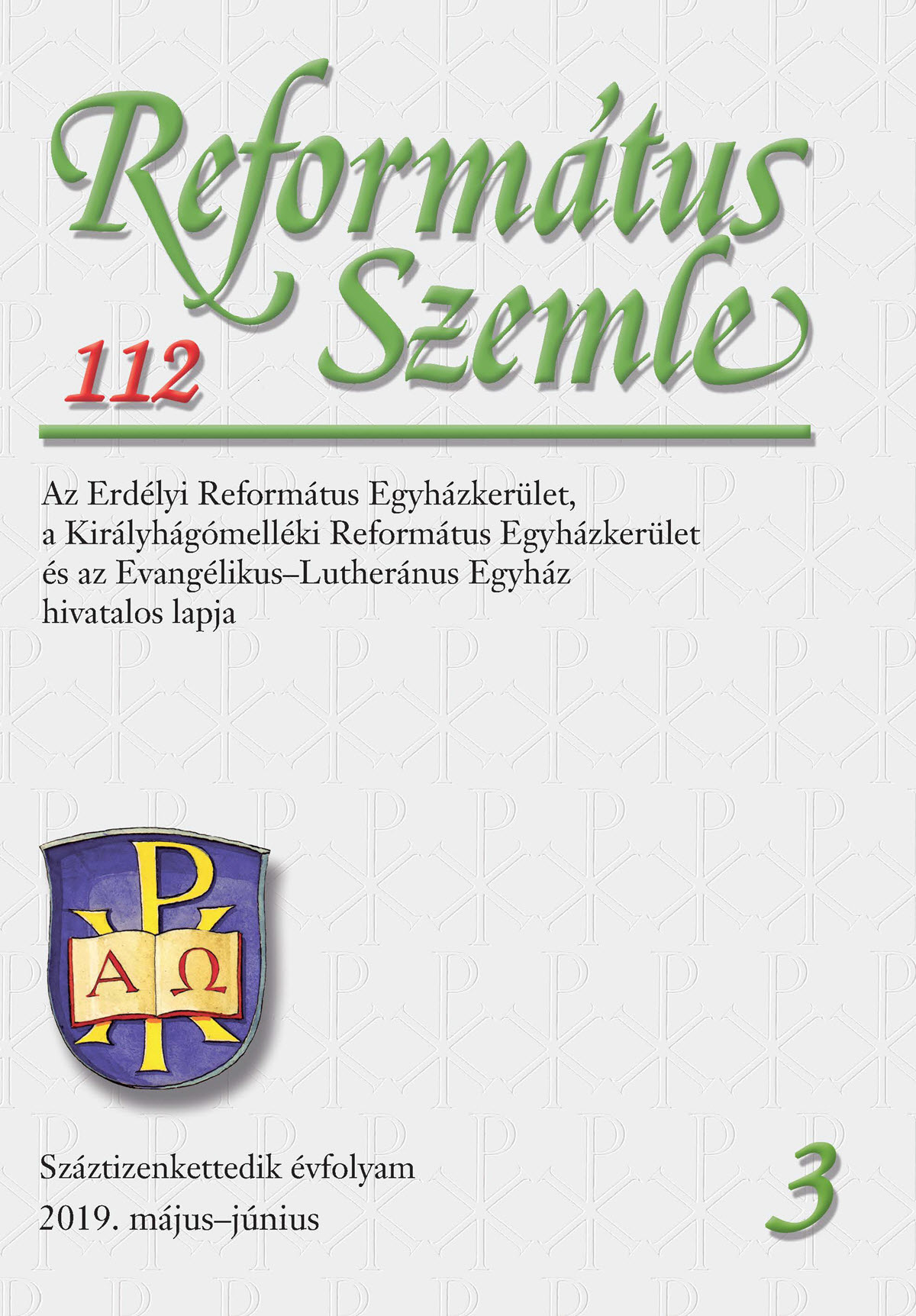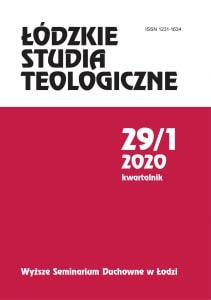Marosvásárhely legnagyobb adófizetői 1881-1916 között
The aim of this study is to review the history of a local social stratum, namely the one whose decisions indirectly influenced the life and development of the fourth largest Transylvanian city, Marosvásárhely. After the 1867 Austro-Hungarian compromise the need to harmonize local administration and national legislation became obvious. The considerable decision making power of the monarch resulted in a sort of duality in high leadership and this had to be refl ected on the lower levels of governance. The most spectacular form of this process was the institution of virilists, meaning that while half of the local government was elected, the other half was assembled by those who paid the highest amount of taxes. Municipalities, including free royal towns, such as Marosvásárhely were legally bound by law XLII from 1871, while towns with a regular council by law XVIII from 1871. In the 35 years included in this research (1881-1916) one can clearly trace an organic process refl ecting the characteristics of a capitalist economic development, respectively its Transylvanian and Hungarian nuances. We are witnesses to the decrease of wealth resulting from landowning and the decline of the traditional landowner elite. At the same time one can perceive the rise of a new social strata, that of craftsmen and merchants who live according to the rules of capitalism, regard the land and title as status symbols and imitate the aristocratic habits, but only a part of their wealth results from landowning. Reviewing the social changes as seen on the taxpayers’ level of the mentioned period, there are some conclusions to be drawn: 1. Virilism, the high level of local society is the expression of the city’s economical-fi nancial construction. 2. Merchants are the best represented group among the virilists of Marosvásárhely, next to them are intellectuals. These are the lucky signs of urbanization and rise of the middle class. 3. Virilists who own several hundred acres of land are gradually overshadowed. This indicates the change in traditional economic structures. Industry and trade are gaining ground. 4. The almost exclusive presence of intellectuals – lawyers, physicians, chemists – reveals their importance in society. 5. The longitudinal examination of the city’s virilists reveals a high degree of social mobility. This tendency speeds up in the second half of the researched period. The same process is traceable in other Hungarian cities.
More...



